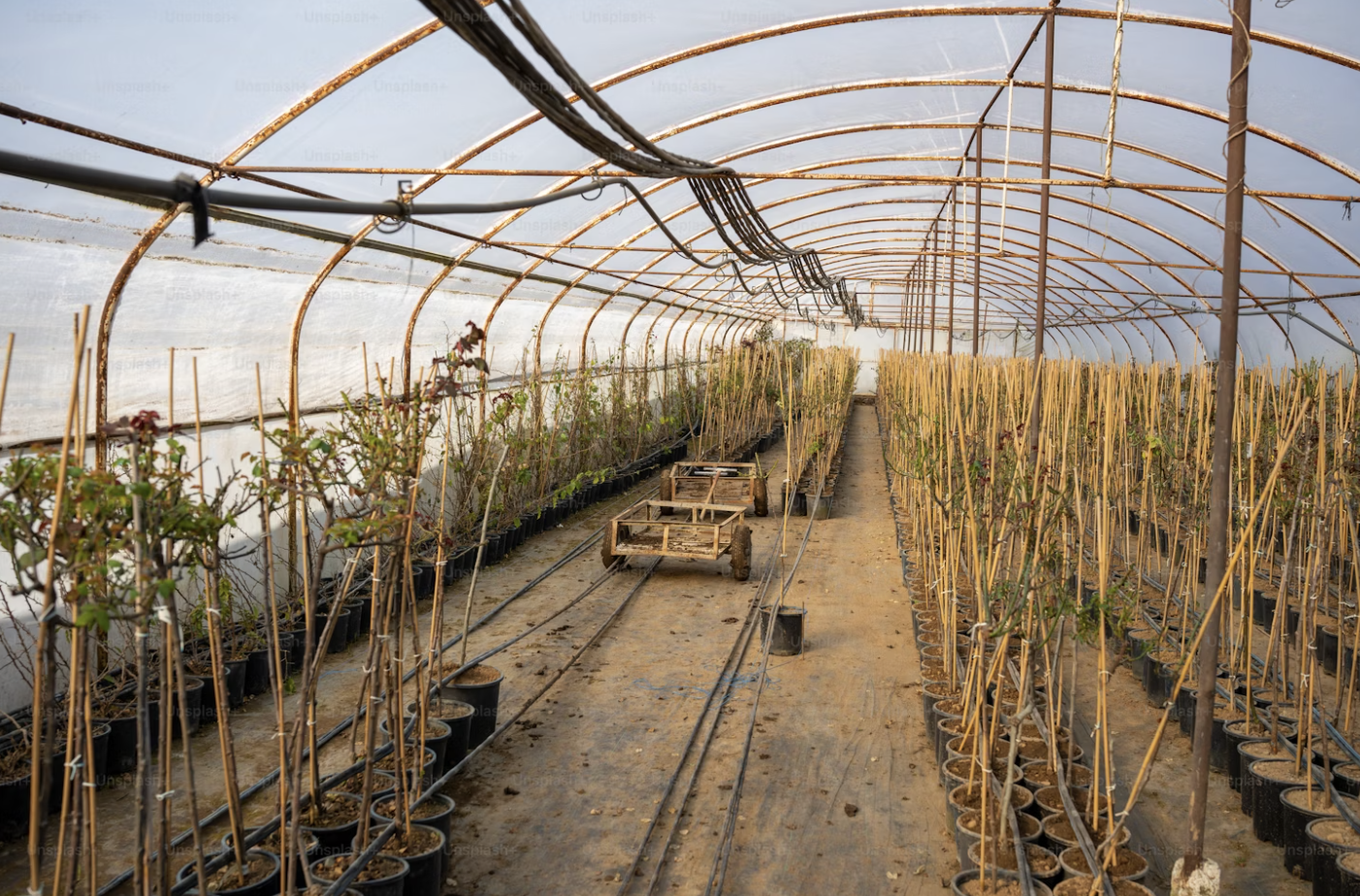Aggregated News

Image by Ahmet Kurt from Unsplash
Last week, at a conference in Geneva, the member states of the World Intellectual Property Organisation agreed on a new treaty aimed at preventing the for-profit piracy of traditional knowledge.
So-called “biopiracy”, in which companies lift ideas from traditional knowledge and patent them, is a significant problem. In one case a US company patented derivatives of the neem tree as pesticides, when the plant’s properties were already well known to local communities in India. There have also been attempts to patent traditionally cultivated plant varieties, such as basmati rice and jasmine rice.
The main purpose of the new Treaty on Intellectual Property, Genetic Resources and Associated Traditional Knowledge is to ensure patent applications disclose any involvement of traditional knowledge.
At last week’s conference, we contributed advice on the treaty text to the Indigenous Caucus, member states and advisors, and gave presentations at side events. The final text of the treaty, while it does contain some compromises, is an important step for protection of traditional knowledge after 24 years of deliberation.



